Condensing vs Non Condensing Tankless Water Heaters: What are the Differences?
With two primary types of tankless water heaters on the market, choosing the right one can be a headache. But no need to fret. Our in-depth review on condensing vs non-condensing models has got you covered. Read on to discover the nuanced differences between each option and make an informed purchase decision that'll keep your home hot water-ready.

What is a tankless water heater and how does it work?
Say goodbye to bulky tanks and constant energy consumption with tankless water heaters! Unlike traditional models, tankless designs heat water on demand, saving space and energy while providing instant hot water at the tap. Plus, with no risk of corrosion or leakage, tankless water heaters typically last longer – making them the smart choice for any home.

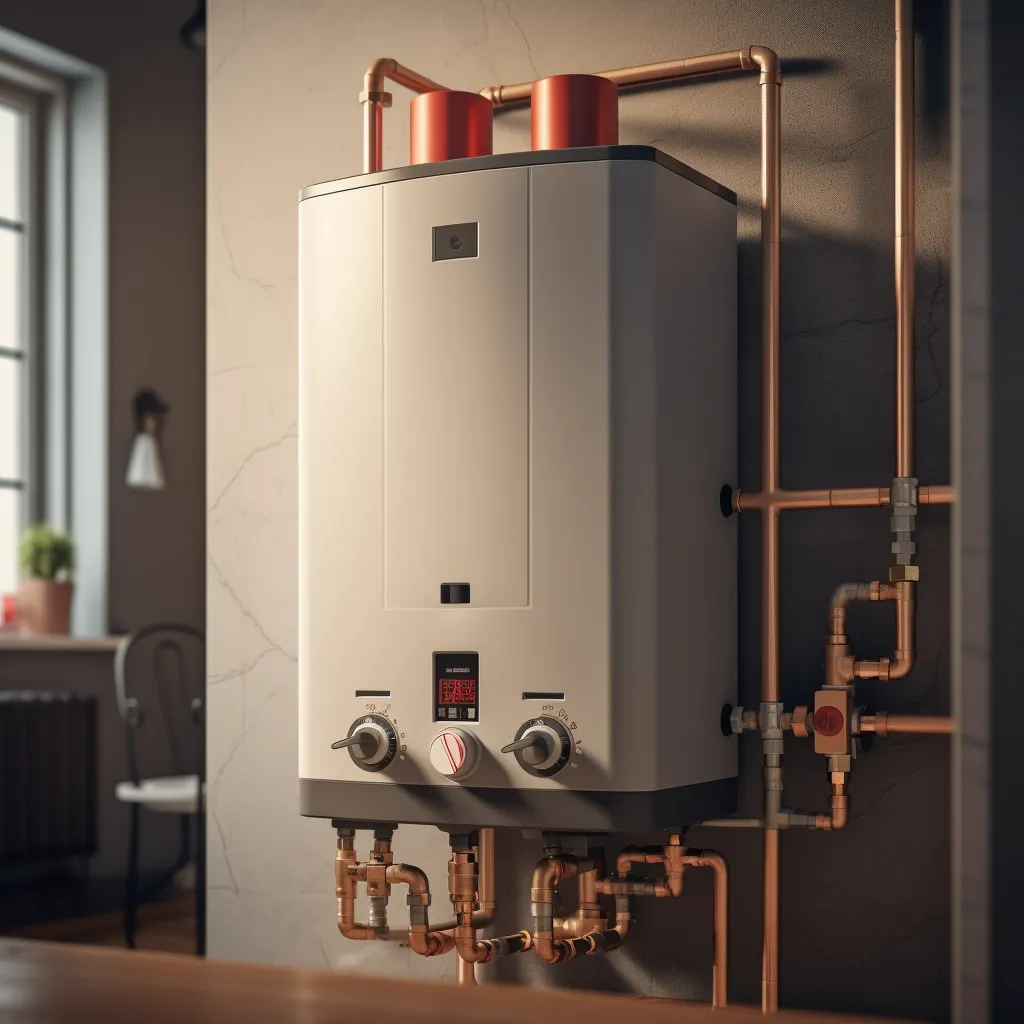
What is a condensing tankless water heater?
Upgrade from the conventional tankless water heater to a more efficient version that recycles waste heat to heat incoming water. This intelligent feature not only saves you money on your energy bill but also contributes to environmental preservation by reducing your carbon footprint. Experience the benefits of enhanced efficiency with a condensing tankless water heater - the smart choice for your wallet and the planet.
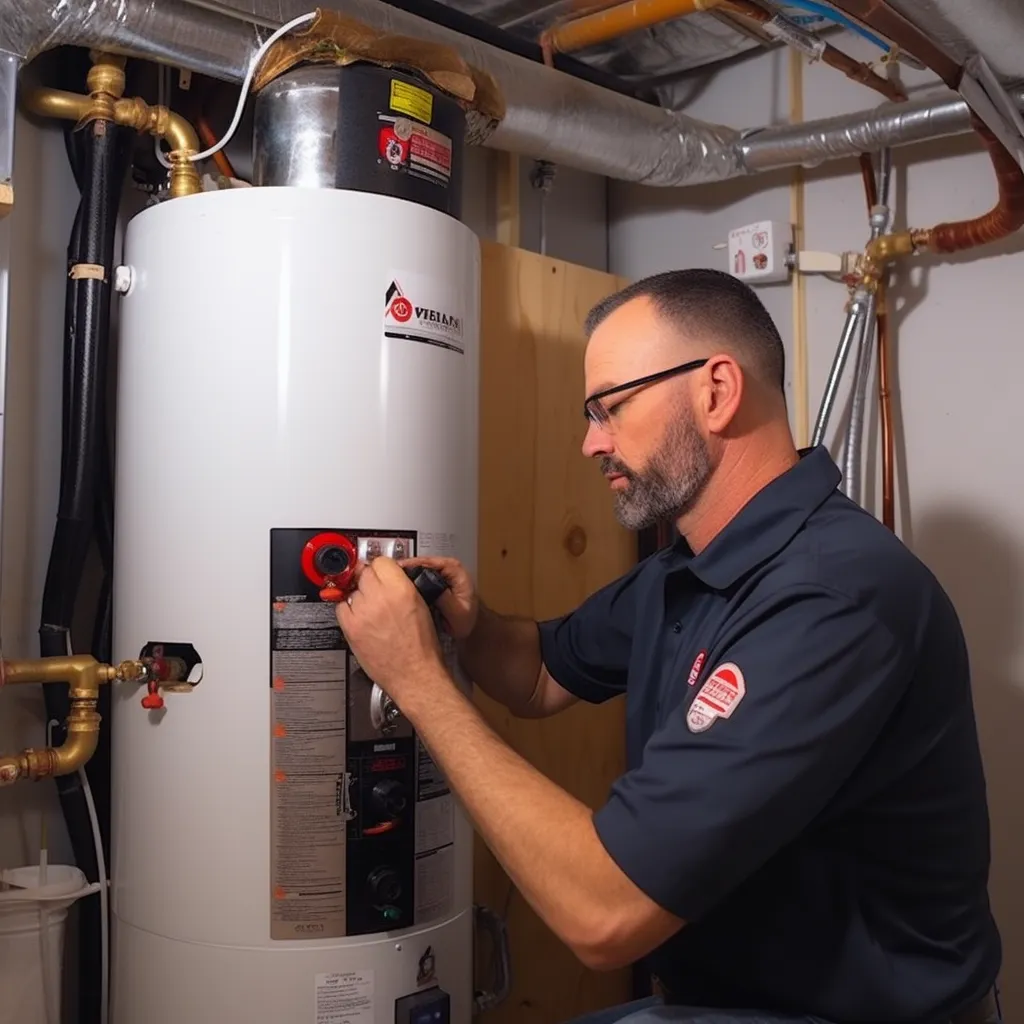
What are the differences in condensing vs non condensing tankless water heaters
Reduce your energy costs with a tankless water heater. But first, know the difference between the two types: condensing and non-condensing. Non-condensing releases exhaust into the environment, while condensing cools it until it becomes water vapor. This process makes condensing heaters more energy and cost efficient. While the upfront cost may be higher than non-condensing, in the long run, the energy savings are well worth it.
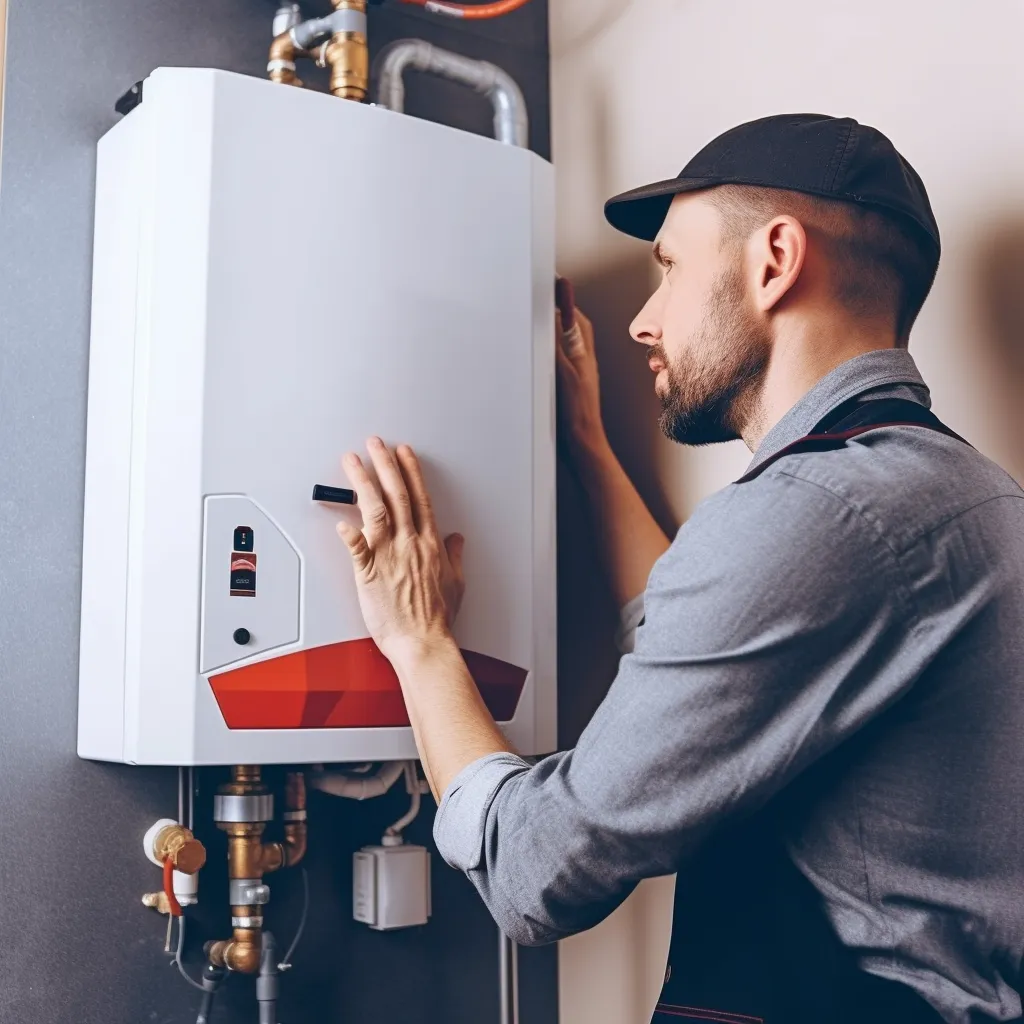
What are the benefits
of a condensing tankless water heater?
Condensing tankless water heaters have several benefits over non condensing water heaters:
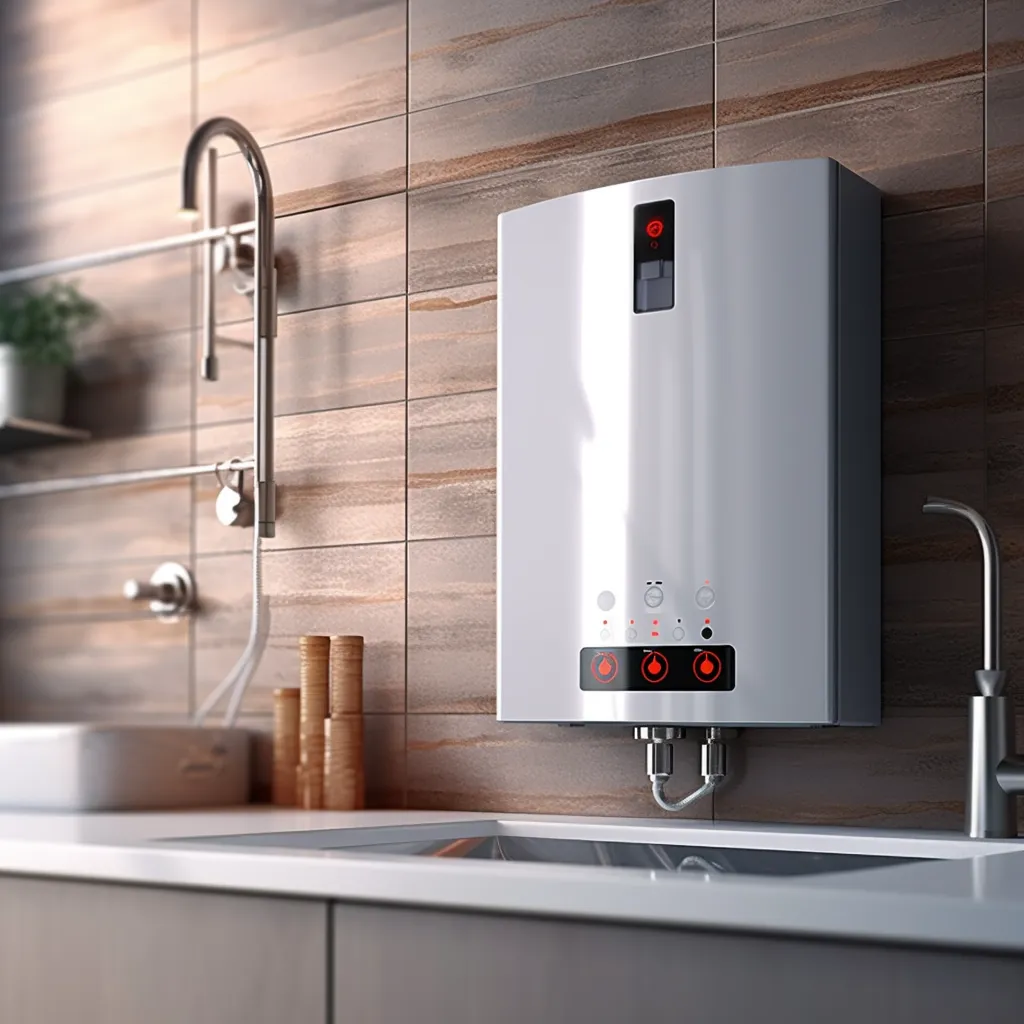
Save money and the environment with a condensing water heater.
These models are more efficient and generate fewer greenhouse gases compared to non-condensing options.
With fewer components, they can last longer, giving you reliable hot water for years to come.
What are the disadvantages
of a condensing tankless water heater?
There are some downsides to a condensing tankless water heater:
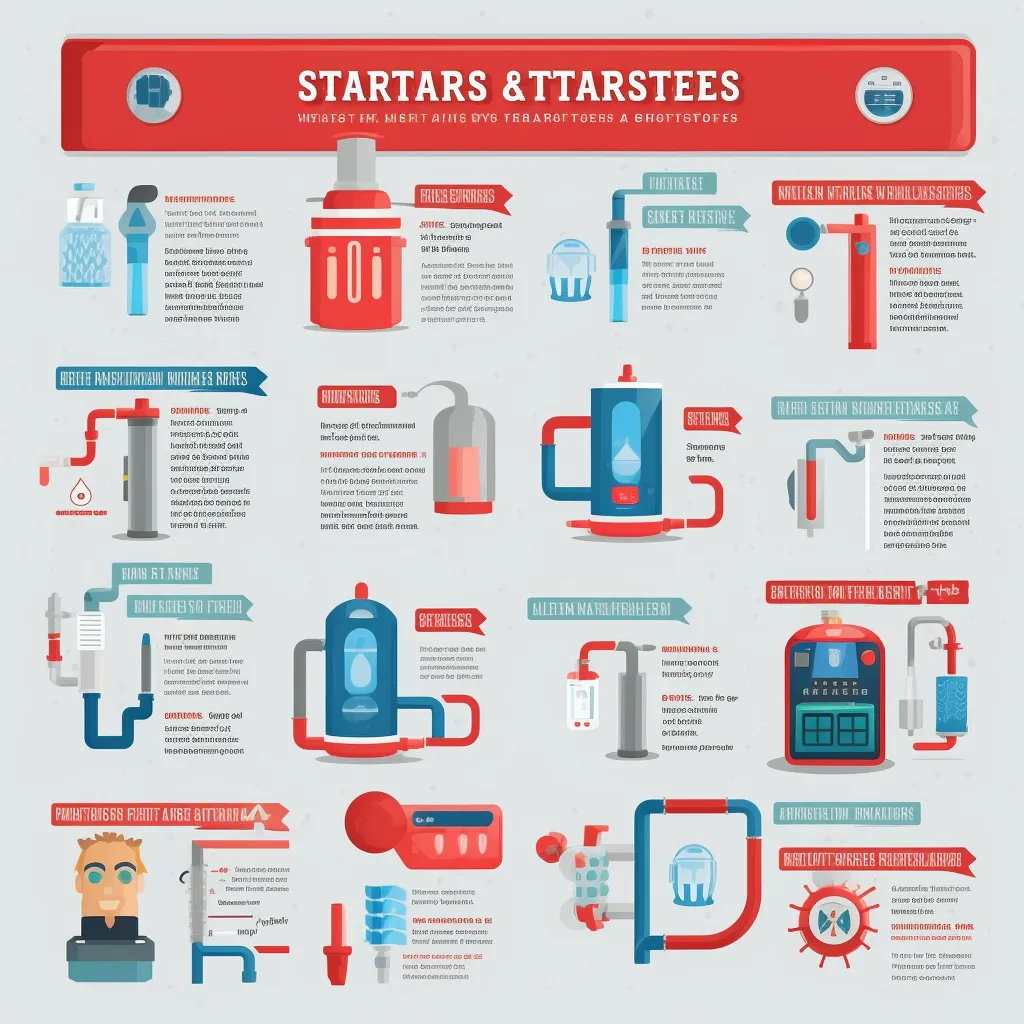
Invest in a condensing water heater for long-term savings, even though it may cost more upfront.
Keep in mind that there will be added maintenance and installation complexity, such as venting and drainage systems.
Don't forget to factor in the cost of service calls when considering your options.
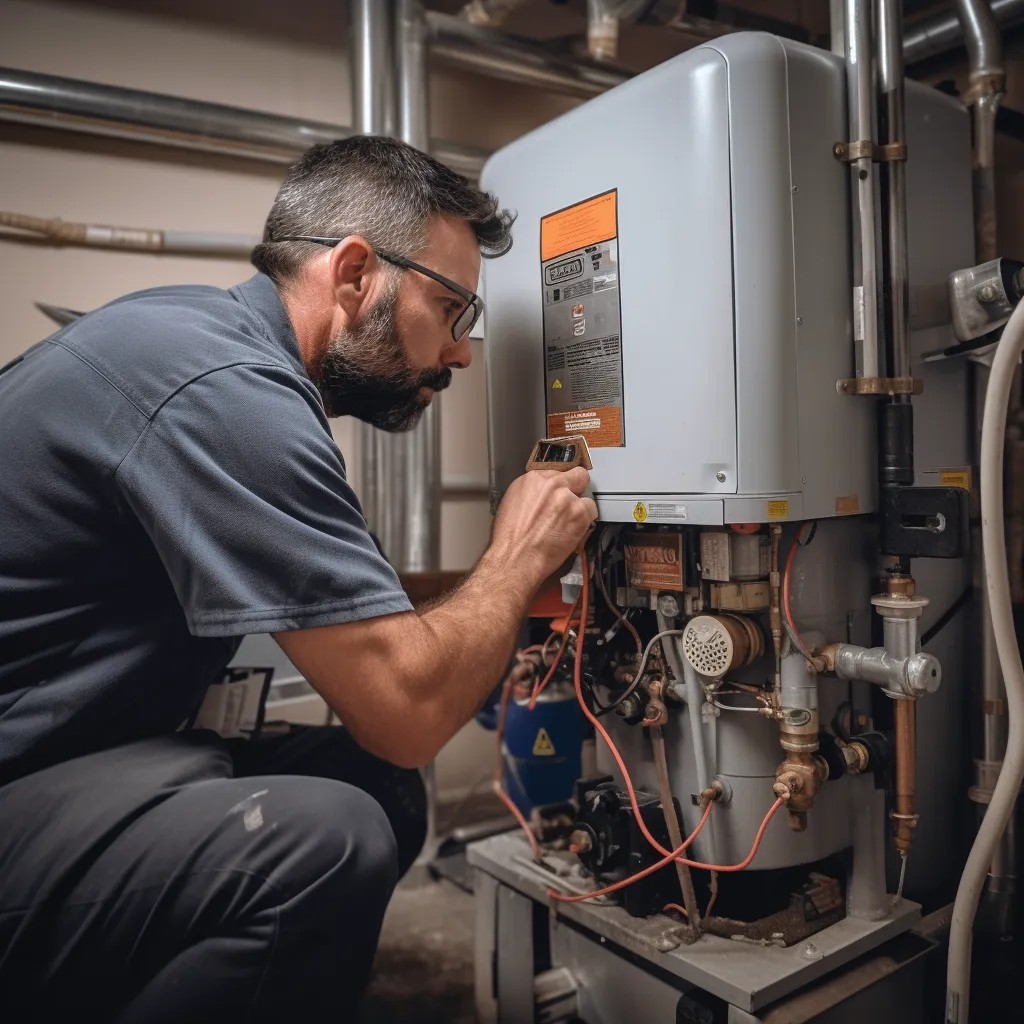
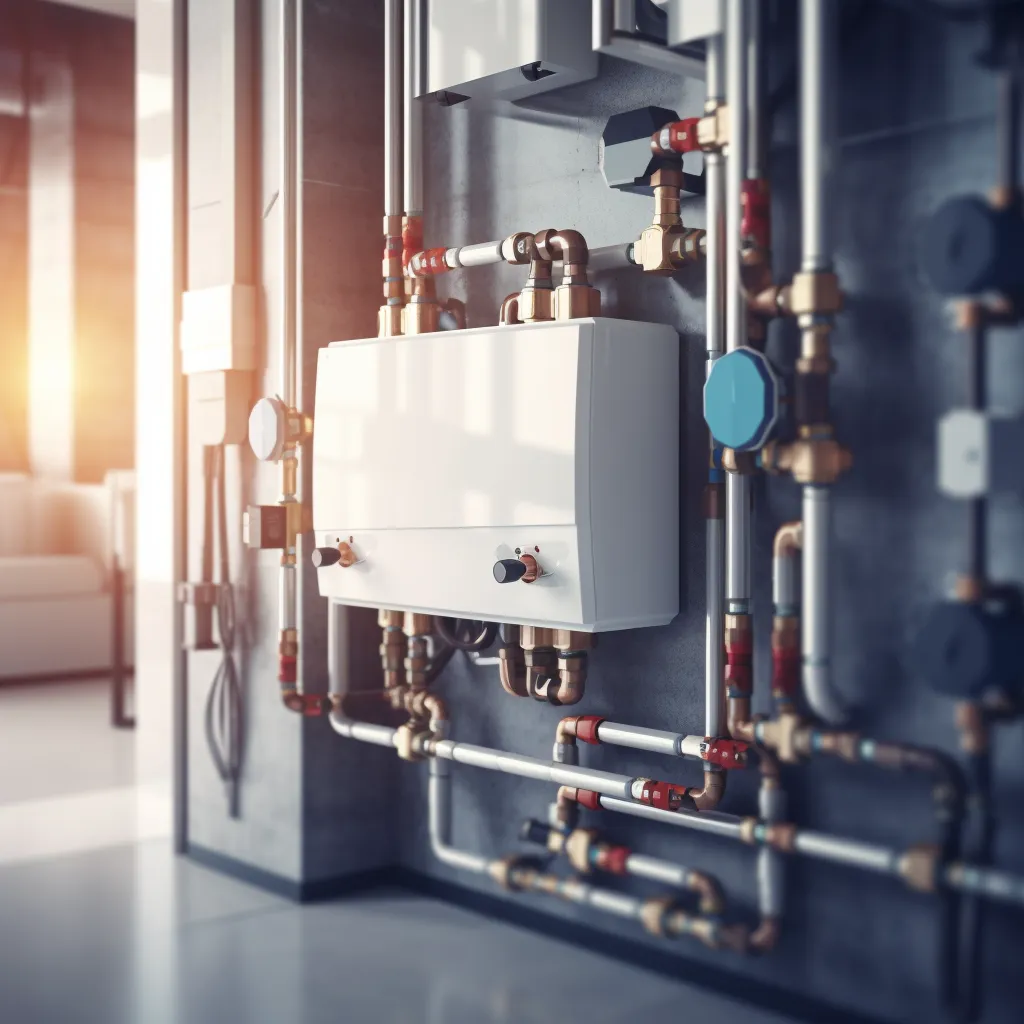
Are condensing tankless water heaters energy-efficient?
Discover an eco-friendly and smart alternative to traditional water heaters with the Condensing Tankless Water Heater. With up to 96% energy efficiency, it captures and repurposes the lost heat from the combustion process, saving you money and energy. Say goodbye to heating unnecessary water as it only operates when needed. Enjoy impressive savings and a reduced environmental footprint with this energy-saving solution.
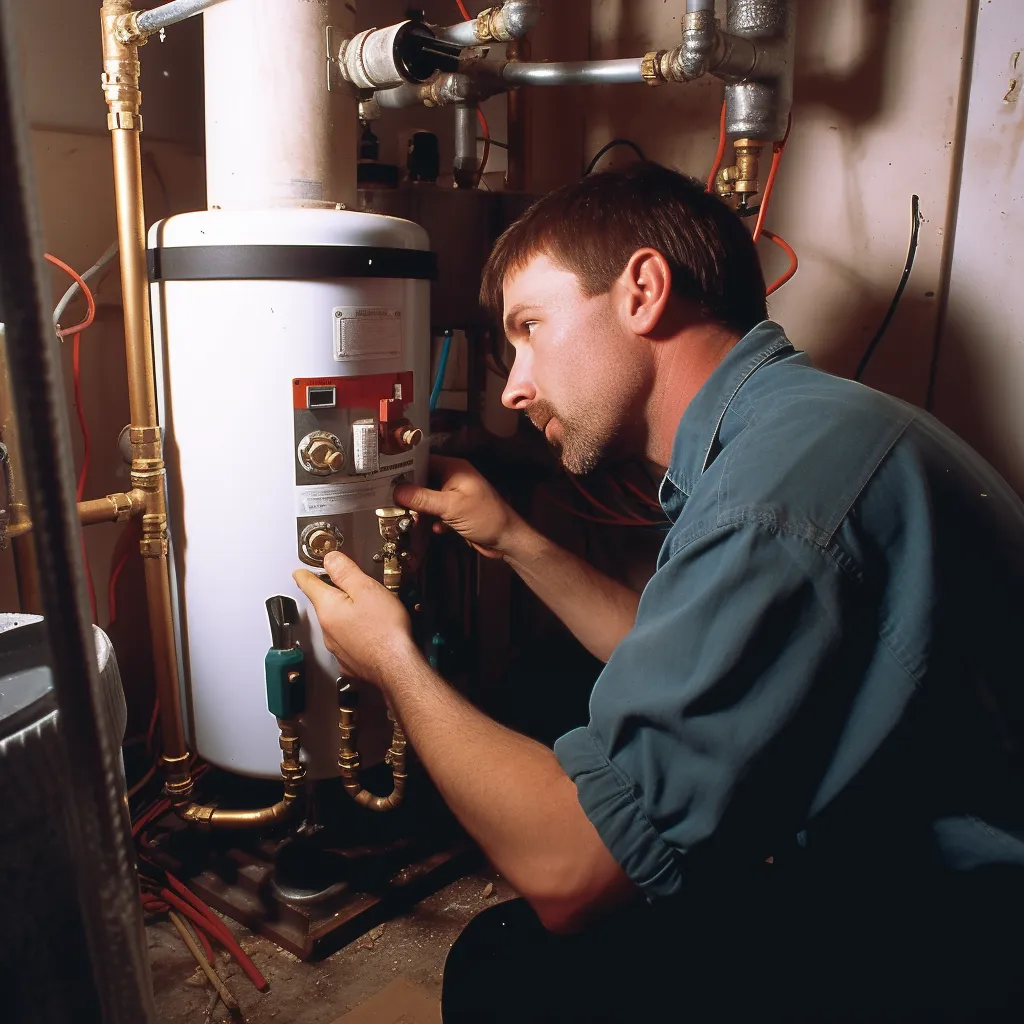
Are non condensing tankless water heaters energy-efficient?
Looking for a sustainable and cost-effective water heating solution? Consider non-condensing tankless water heaters! Although not quite as energy-efficient as condensing heaters, they still boast major reductions in energy usage and cost.
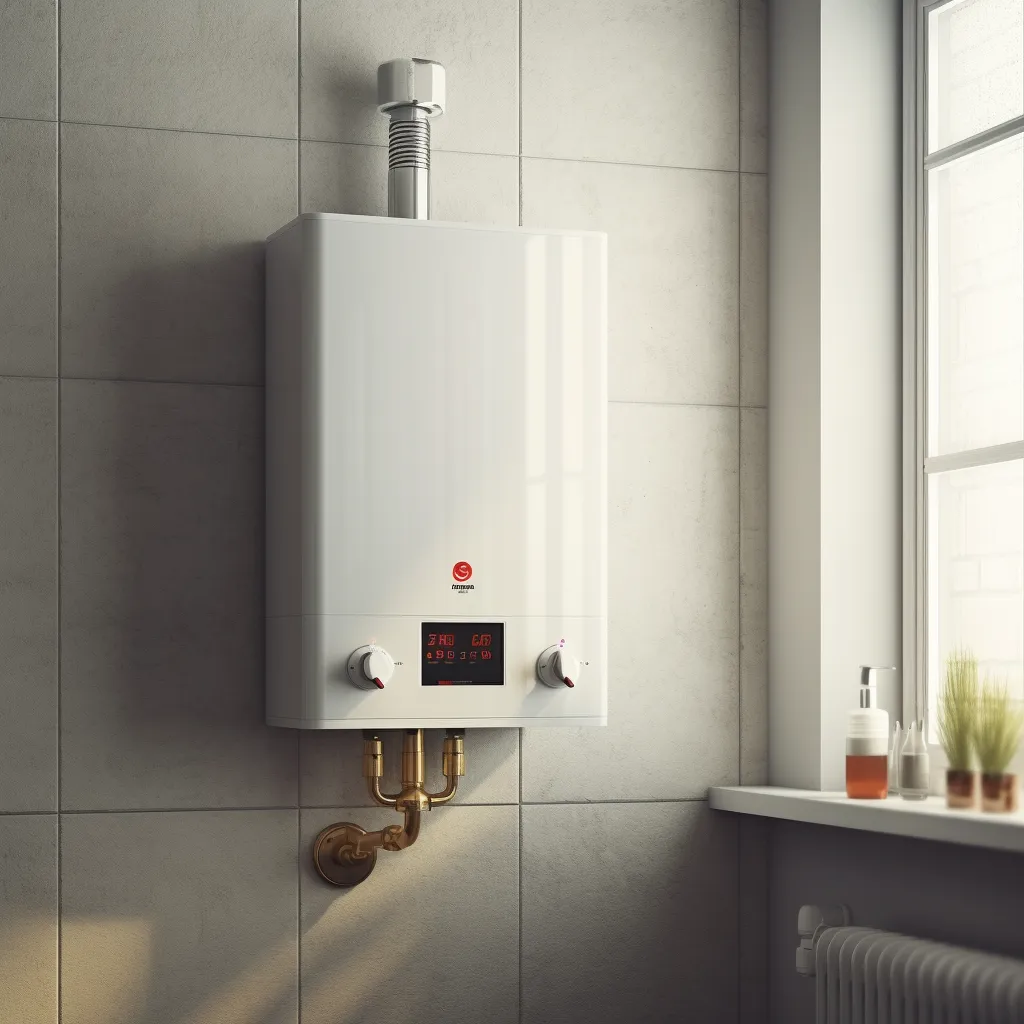
What is the cost to buy and install a condensing tankless water heater?
Save energy and money for years to come with condensing tankless water heaters. But with costs that vary by home size, model, and brand, and complex installation considerations, choosing the right one can be overwhelming. Trust a professional to guide you in selecting the best option for your needs. And despite the initial investment, many homeowners reap major long-term benefits from this energy-efficient choice.
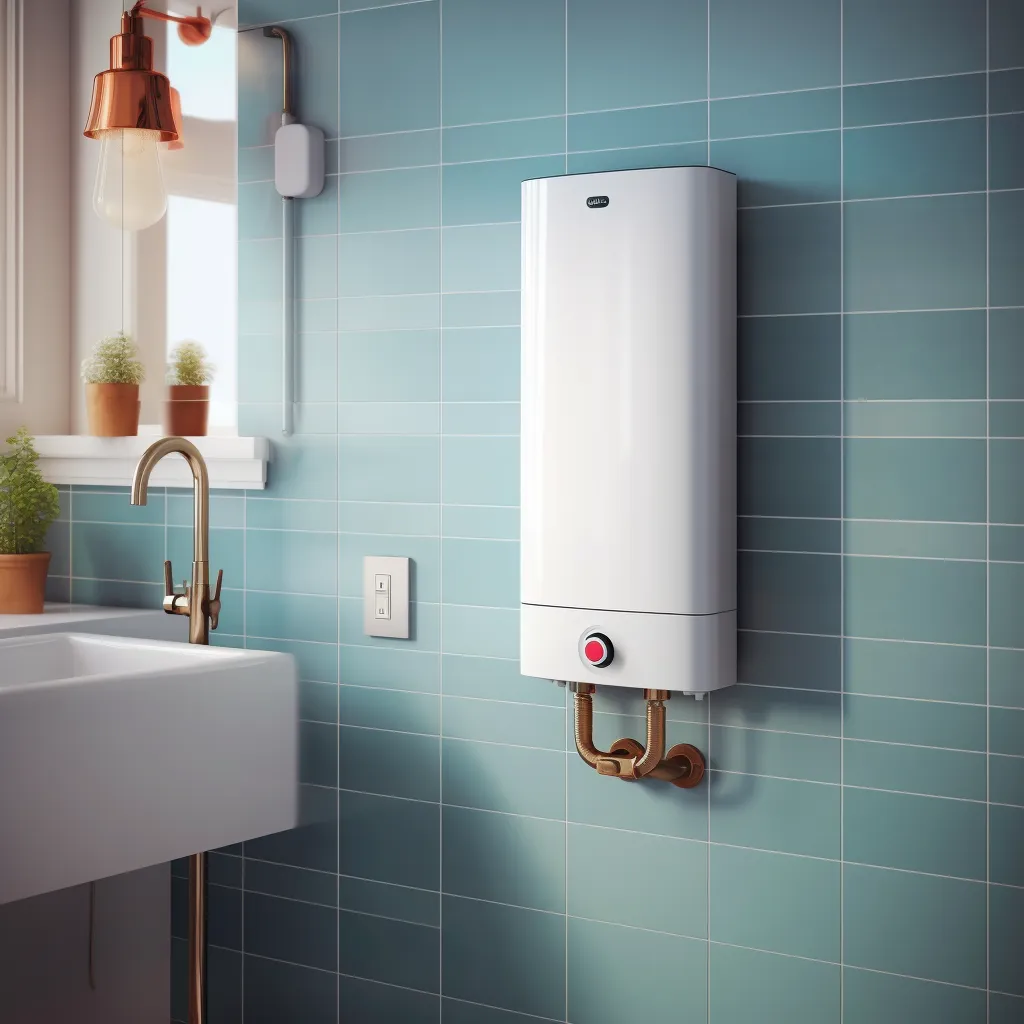
What is the cost to buy and install a non condensing tankless water heater?
Upgrade your hot water game with a dependable non-condensing tankless water heater featuring multiple size options and a trusted brand name. Priced between $1,000 to $3,000, it may seem like a big investment at first, but this long-lasting equipment delivers endless hot water and can survive up to 20 years. Plus, you'll love its sleek and space-saving design that frees your home of extra clutter.
What are the maintenance requirements
for condensing tankless water heaters?
Maximize your energy-efficient tankless water heater by performing regular maintenance. Don't let advanced technology go to waste - keep your heater in top condition with simple tasks. Here's what you need to do to keep your condensing tankless water heater performing at its best:
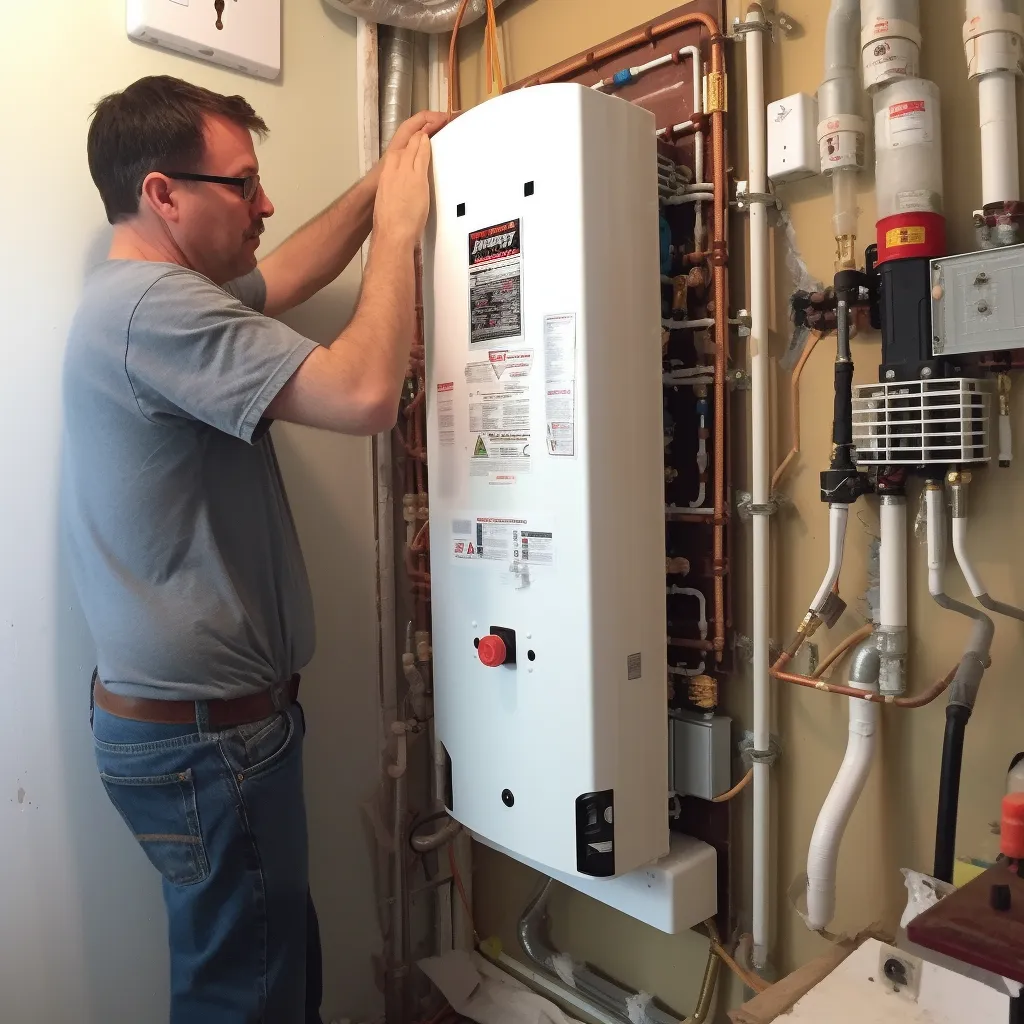
Detect and address leaks or potential issues.
Keep your heat exchanger and burner clean.
Inspect and replace filters regularly.
Test water pressure and temperature to ensure optimal function.
Clear out debris from your venting system.
Regularly flush your system to prevent buildup.
Don't forget to check your air filter for cleanliness!
Maintaining your tankless water heater is vital for preventing steep utility bills, reduced efficiency, and potential damage. To ensure your water heater stays in excellent condition, it's crucial to schedule regular check-ups with a professional. Taking action now could help you save both time and money down the line.
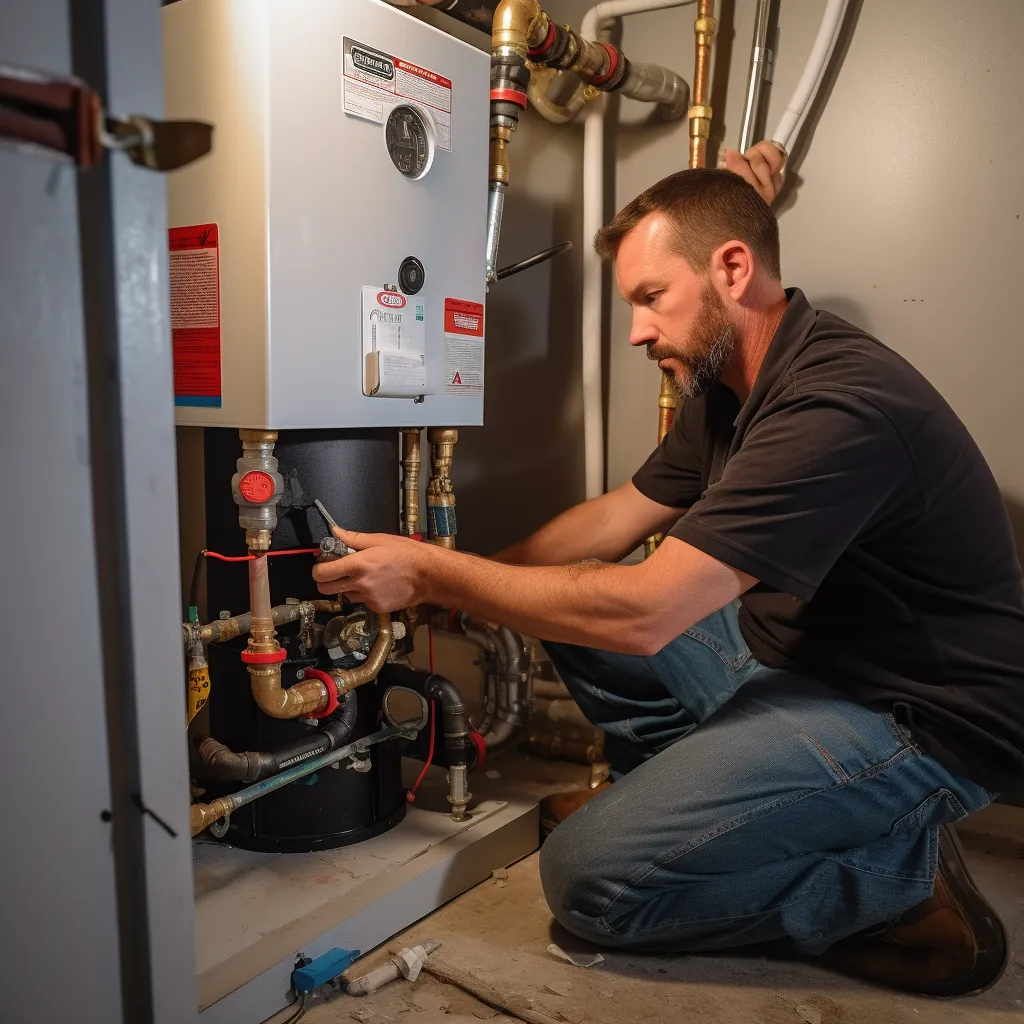
What are the maintenance requirements
for non condensing tankless water heaters?
The maintenance requirements for non condensing tankless units are similar to condensing units.
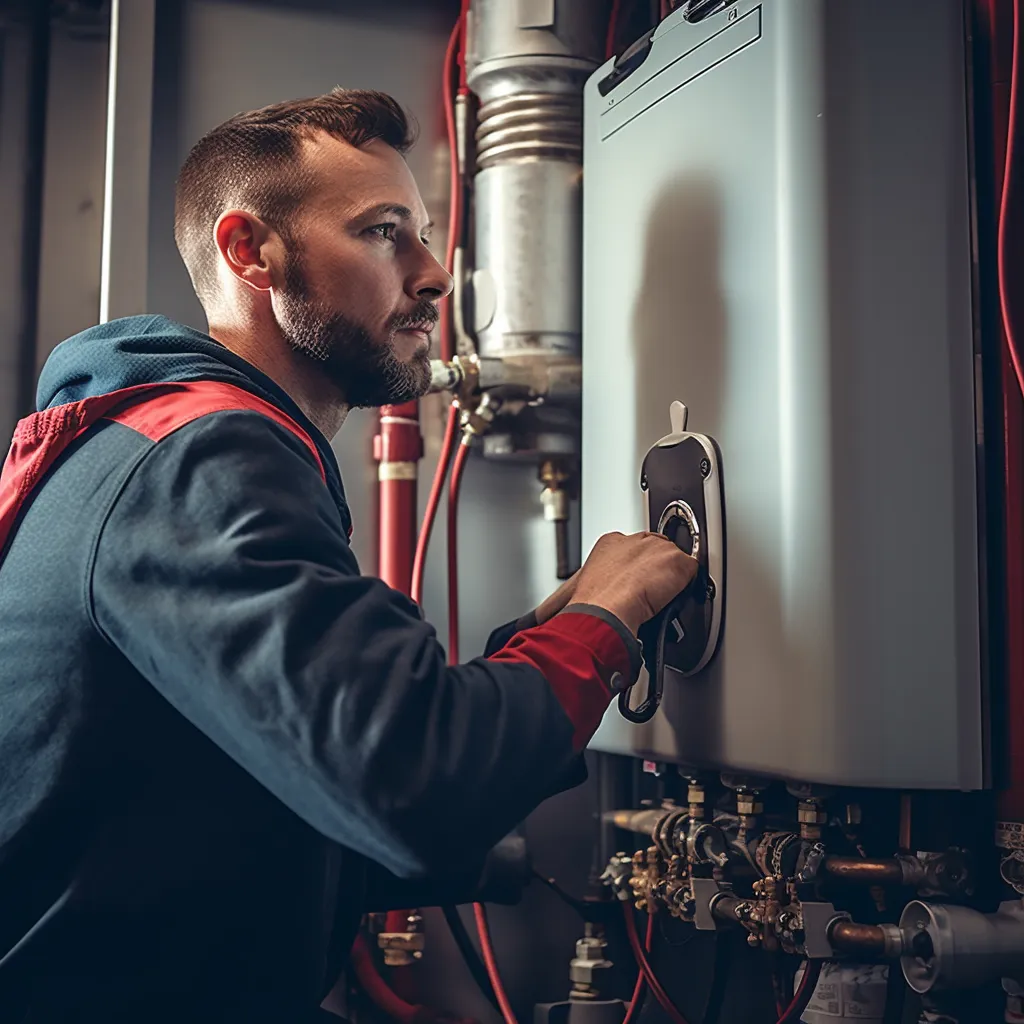
Regularly flush your system to remove mineral buildup and debris.
Check unit filters frequently and replace them when required.
Clean the heat exchanger and burner, and inspect the system for any malfunctions or leaks.
Verify the water pressure and temperature to ensure optimal performance.
Keep the vents free from debris.
Factors to consider when choosing between a
non condensing vs condensing tankless water heater
Choose between a non-condensing and a condensing tankless water heater by weighing these key factors.
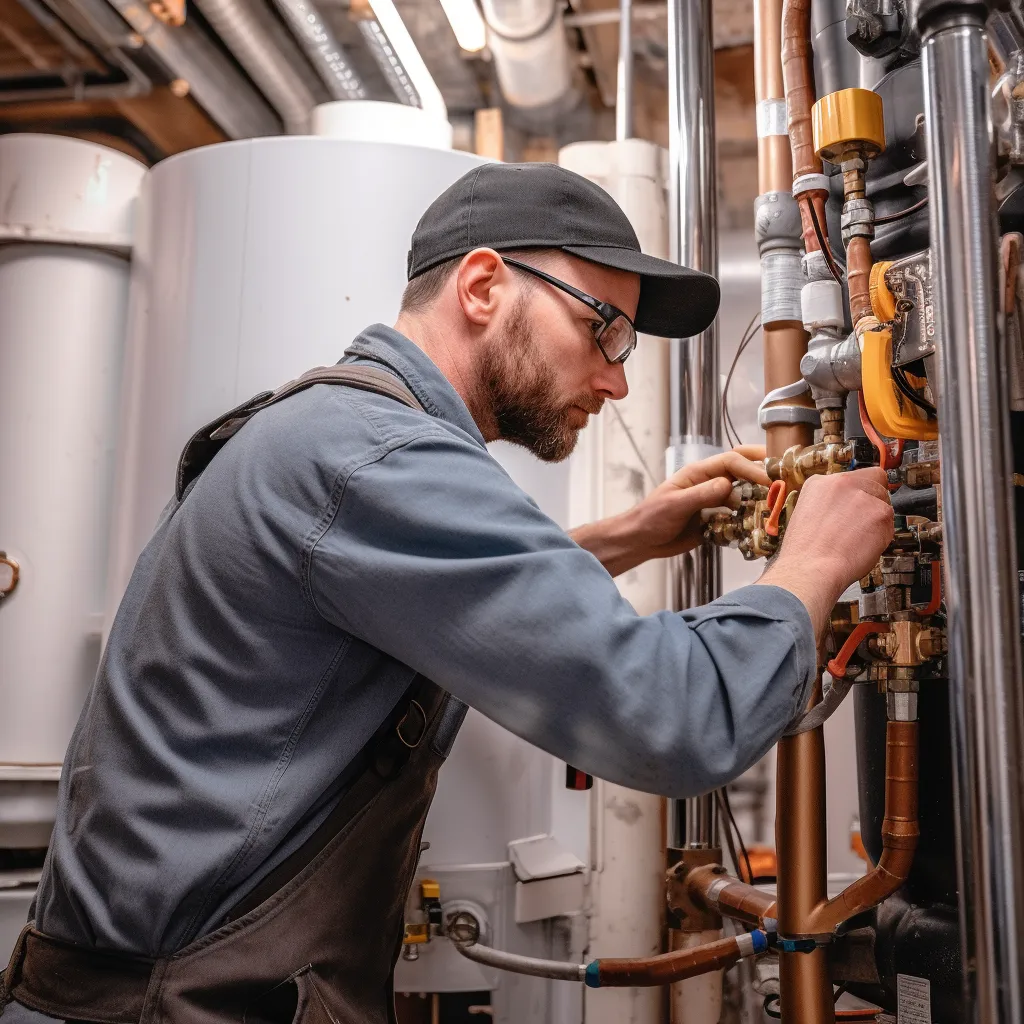
Choose a condensing water heater if you're pressed for space. These models are sleeker and more compact, making them ideal for smaller homes or apartments.
Installation complexity should also be taken into account. While condensing units are more energy-efficient, they also require a more complex installation process, which can add up to a higher overall cost.
Maintenance is another consideration when choosing between a condensing and non-condensing unit. Non-condensing models require more frequent upkeep, so be prepared to spend a little more time and money on maintenance tasks.
If you're looking to save on long-term utility bills, a condensing unit is the way to go. These models tend to use less energy, making them a smart choice for eco-conscious homeowners.
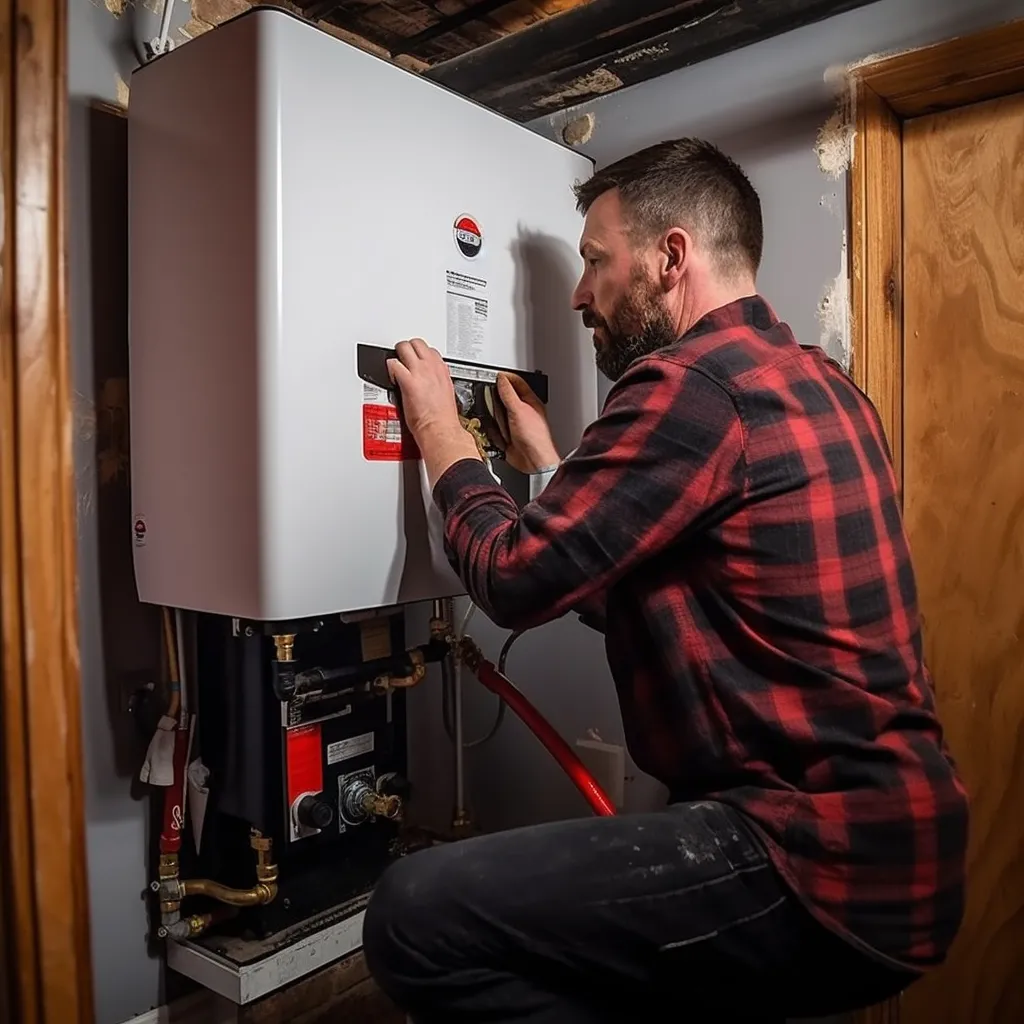
It's crucial to research
condensing vs non condensing tankless water heaters
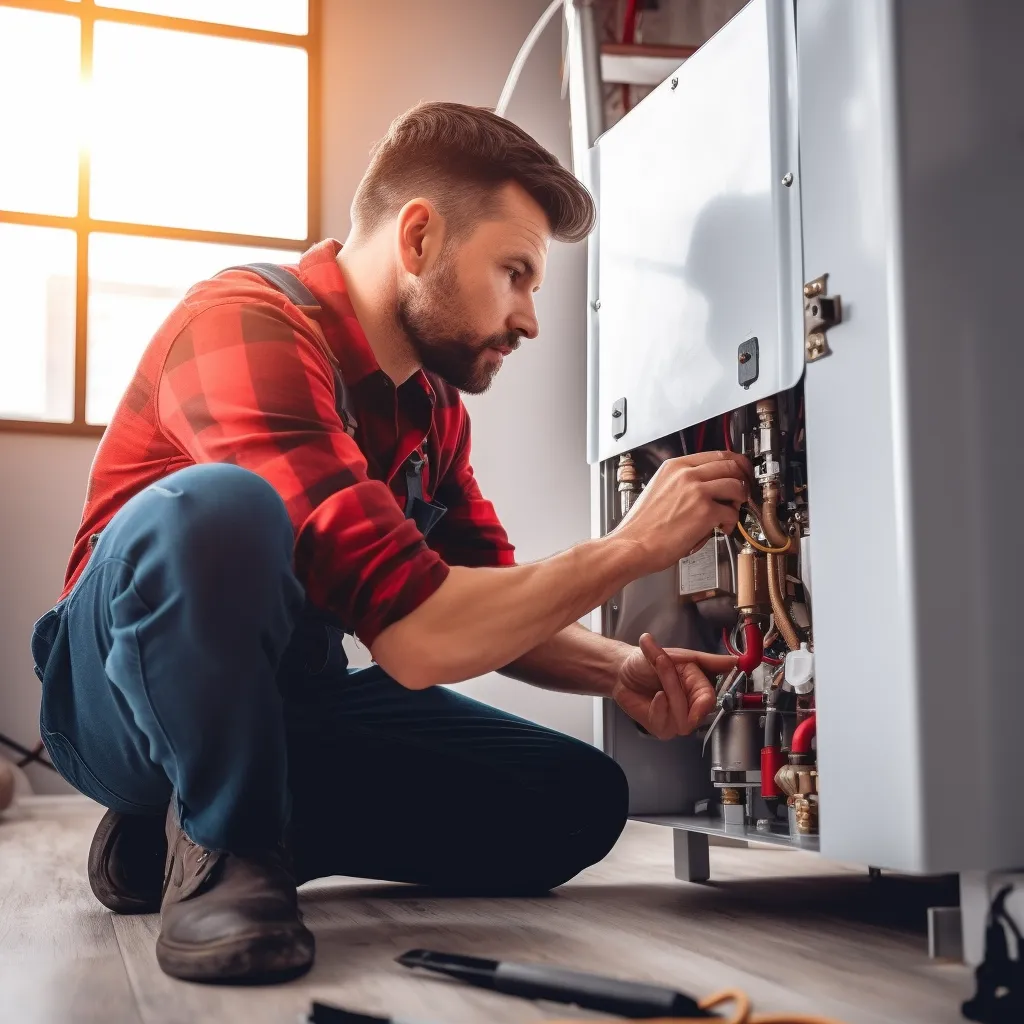
Attention homeowners: when it comes to selecting a tankless water heater, doing your research is vital. To make an informed decision, you should weigh the pros and cons of different types, including condensing and non-condensing units. While non-condensing heaters may seem like a money-saving option, they can be energy-wasters that eventually lead to high upkeep costs. On the other hand, condensing heaters offer greater efficiency and real savings in the long run. By choosing the right tankless water heater, you'll enjoy better hot water and reduced energy bills. However, it's essential to consult with a licensed professional to find the perfect unit that meets your home's specific needs. Choose wisely for optimal results!
Ready to Solve Your Plumbing Needs?
For reliable, expert plumbing services tailored to the needs of Concord and its neighboring cities, look no further than EMR Plumbing and Heating. We’re here for you 24/7, ensuring that your plumbing is always in top condition.
Call us today to schedule your service!
Business Hours: Monday - Sunday, 24 Hours
Phone Number: (603) 634-8285
Location: Concord, N.H., serving all surrounding areas.
Trust your local experts at EMR Plumbing and Heating for professional, timely, and efficient plumbing solutions.
GET IN FULL TOUCH
PHONE: (603) 634-8285
EMAIL:
ryan@waterheaterconcord.com
EMR Plumbing and Heating
Concord, N.H. 03303
